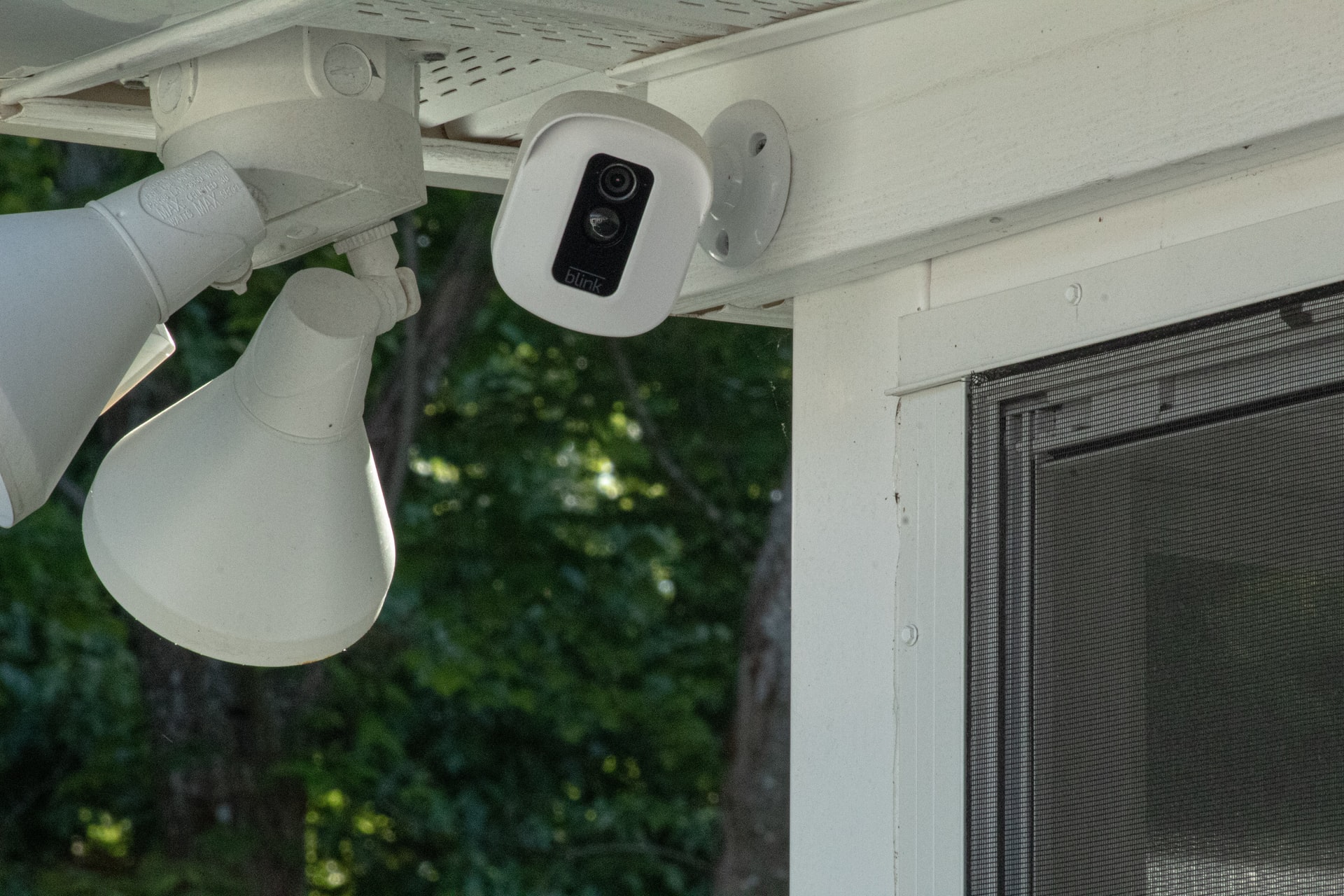The question of privacy is one that’s grown increasingly pervasive in today’s culture. Your average website or app collects data from the whole of your phone while smart devices have been accused of listening to tenant’s day-to-day conversations.
Landlords concerned about how tenants treat their properties may find themselves tempted to install security cameras throughout a rental property to ensure that their investments aren’t going to waste. The legalities of this behavior, however, are up in the air. Read on to learn more about landlord and tenants’ rights in addition to the security cameras that can treat interested parties best.
Can Landlords Install Security Cameras in a Rental Property?
Property owners do retain the right to install cameras throughout their rental properties. For years, landlords have argued in favor of these rights, citing increased security and property management among the cameras’ benefits.
With that said, property owners face some limitations when attempting to install cameras throughout a rental property. All cameras must be visible; hidden or spy cameras are not permissible in a tenant’s residence. Similarly, CCTV cameras are forbidden in bathrooms, bedrooms, toilets, and other private areas throughout a rented unit.
What’s more, all tenants must be informed that there are security cameras in a rental property. Building owners or landlords cannot record tenants without their knowledge. Tenants who are recorded in their homes without their consent may take legal action against the parties that had those cameras installed.
Do note that individual states can elaborate on these laws. Landlords interested in installing cameras throughout their rental properties need to address their state’s legislation before moving forward with their plans.
Can Tenants Install Security Cameras in Rental Properties?
Tenants, comparatively, have more recording rights when it comes to the inside of their rental properties. All tenants are permitted to install cameras throughout their homes, be they hidden or visible.
That doesn’t mean, however, that tenants aren’t held to certain standards when installing their cameras. A tenant’s cameras cannot peek into another person’s home. Landlords or building managers must position permanent security cameras in such a way that the neighbors can retain their overall privacy.
What’s more, tenants face additional restrictions when installing cameras outside of a rental property. These cameras cannot face the entrances to other parties’ homes, parking spots, yards, and so on. In short, all cameras that a tenant chooses to install must be specific to their own home.
Note that a landlord may also place limitations on camera installation in a tenant’s initial lease. If this is the case, make sure to research your restrictions and explore what types of cameras might help you circumvent them.
The Benefits of Installing Security Cameras
While there are limitations set around camera installation, rental property cameras still benefit landlords and tenants alike. The biggest benefit of a rental property camera is the mutual sense of increased security.
Landlords take on some degree of risk when allowing tenants to remain on their property. As such, many will want to know that their properties are as safe as possible. Landlords who use cameras on their properties can keep an eye on a tenant’s behavior and discourage theft from outside forces.
Much the same can be said of tenants who install cameras. These parties can limit landlords’ interference with their property, ensuring that no one enters their rented property without consent. What’s more, this footage can limit theft on the part of janitorial employees or unwanted guests. A well-placed camera can even discourage “porch pirates” or thieves who might try to steal a tenant’s packages.
Best Cameras for Rental Properties?
Landlords and tenants interested in installing cameras around their property need quality tools on hand. Some of the best cameras for rental property surveillance, then, include:
- Nest Cam Indoor
- The Nest Cam Indoor camera marries the Internet of Things (IoT) with traditional home security. This camera streams video footage from a rented property to the camera owner’s phone. The camera can even recognize people who have appeared on its stream before, alerting its owner to a person’s presence courtesy of its active Internet connection.
- Unfortunately, the Nest Cam Indoor does require interested parties to purchase a memory subscription in addition to the device itself. The unit’s expense makes it less practical for parties looking to monitor their homes en masse, but no one can deny the additional security benefits.
- Arlo Q
- Landlords and tenants looking for a more traditional security camera can use the Arlo Q. The Arlo Q comes equipped with a microphone that allows for two-way communication. The camera also has night vision, ensuring that your property remains safe even after dark.
- Netatmo Welcome
- Netatmo Welcome is one piece of a larger smart home IoT. This device not only records the goings-on in a person’s house, but it also alerts the device’s owner that there’s activity. For example, landlords can receive an alert whenever a new person arrives or stays in a tenant’s unit. Tenants, too, can stream maintenance workers’ operations should these parties visit the tenant’s unit.
- The Netatmo Welcome has house-wide access to a tenant’s unit courtesy of its IoT. Even so, landlords and tenants alike will have to be careful to limit the camera’s scope and preserve the privacy of their neighbors.
- Manything
- Tenants don’t have to buy a new camera if they want to record the goings-on in your apartment. The Manythings app uses your old smartphones to keep track of who’s doing what in your home. The app costs $4.99 per month and ensures that you can stream a video feed of your home via your current phone.
- Landlords will have a much harder time using Manythings to their advantage than tenants, of course. Landlords cannot leave old phones or smart devices in a tenant’s apartment without the tenant’s knowledge, and even then, the use of said devices may not be practical.
Using Video Footage to Your Advantage: Benefits for Landlords and Tenants
The regulations limiting the use of cameras by landlords and tenants are there for the safety of others. While landlords and tenants may use cameras under certain conditions, they must do so with the best interests of their neighbors in mind.
When installed appropriately, the cameras installed in a rental unit can serve all interested parties well. Landlords can use these cameras to prevent theft and the inappropriate use of their property. Tenants, similarly, can keep an eye on anyone who comes into their apartment.
Life in an apartment doesn’t have to be complicated. Tenants and landlords who do their research and respect one another’s rights can easily live in harmony. Each party can even take advantage of modern tools to make one another’s lives simpler.
That’s the benefit of a platform like PayRent. This digital rent payment platform ensures that tenants can get their rent paid on time. Landlords can even use this platform to check a tenant’s regular payments and manage their total income. Learn more about this tool and the others that can benefit your rental property today.










